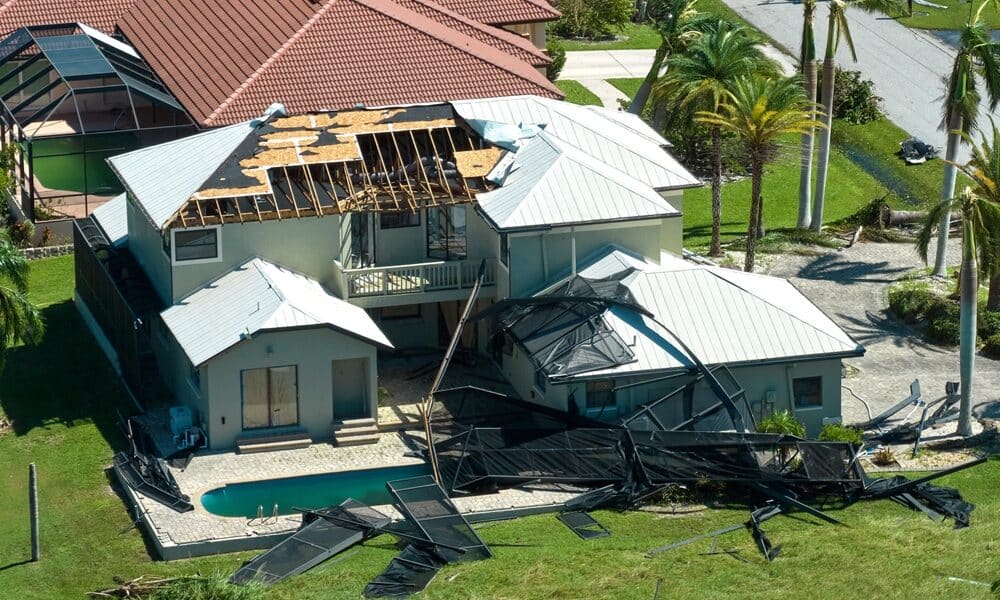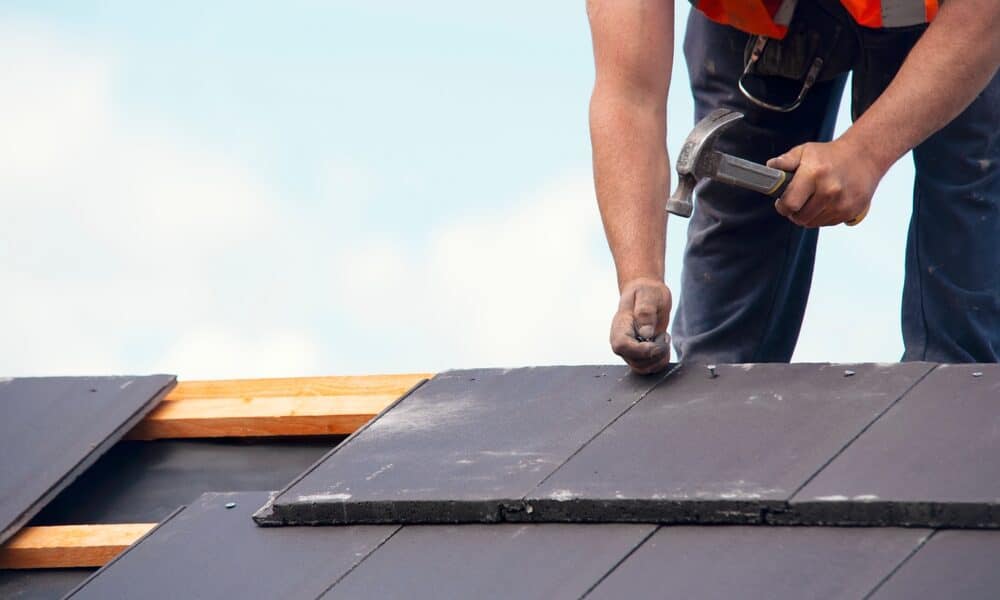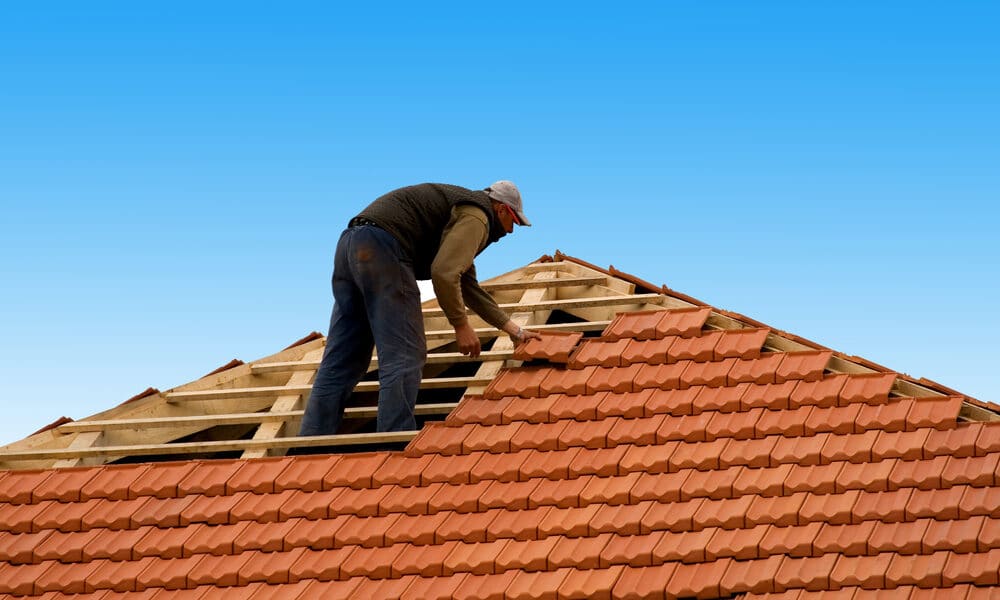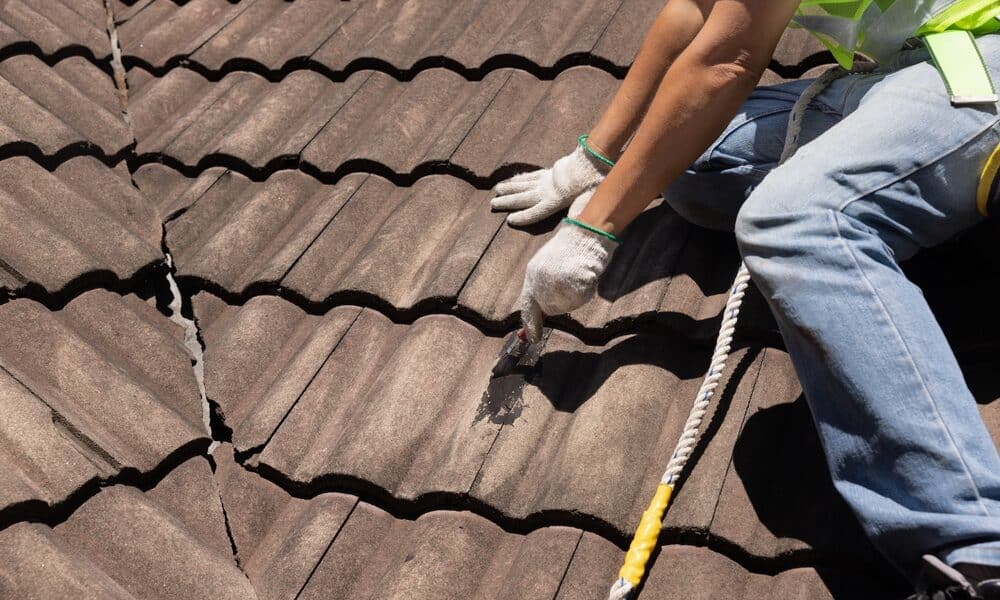What Causes Roof Leaks? Discover Hidden Dangers and Proven Fixes to Protect Your Home
Roof leaks are a common problem that can lead to costly repairs if left unchecked. Knowing the causes of roof leaks can help you take preventive action and avoid water damage to your home. This guide will cover the primary reasons why roofs leak, how to spot issues early, and the best roof leak solutions to keep your home safe and dry.
Table of Contents
- Common Causes of Roof Leaks
- How to Detect Roof Leaks Early
- DIY Roof Leak Solutions
- Professional Roof Leak Repair Options
- Waterproofing Your Roof to Prevent Leaks
- FAQs About Roof Leaks and Prevention
1. Common Causes of Roof Leaks
Understanding the causes of roof leaks is essential for effective prevention and timely repairs. Here are some of the most common reasons for roof leaks:
a. Damaged or Missing Shingles
Over time, shingles can crack, curl, or go missing, leaving parts of the roof exposed. Damaged shingles are one of the primary causes of roof leaks, especially after severe weather.
b. Cracked Flashing
Flashing seals areas where the roof meets structures like chimneys, vents, or skylights. Cracked or corroded flashing allows water to seep into these vulnerable spots.
c. Clogged Gutters
When gutters are full of leaves, dirt, and other debris, water cannot drain properly, leading to pooling on the roof. This excess water can then seep under shingles, causing leaks.
d. Poor Roof Installation
Improperly installed roofing materials or inadequate sealing can create entry points for water. Professional installation ensures all materials are securely placed to prevent leaks.
e. Ice Dams
Ice dams form when snow melts on the roof, then refreezes at the edges. This can cause water to back up under the shingles, leading to leaks.

2. How to Detect Roof Leaks Early
Detecting leaks early can help you avoid significant damage and expensive repairs. Here’s how to spot potential leaks:
Look for Water Stains
Check your ceiling and walls for water stains or discoloration, which can indicate a roof leak.
Inspect the Attic
Look for damp insulation, water stains, or mold growth in the attic, which could point to a leaking roof.
Check Around Roof Fixtures
Inspect areas around chimneys, vents, and skylights for cracks or gaps that could be allowing water in.
Tip: Conduct a thorough inspection twice a year, ideally in spring and fall, to identify issues before they worsen.

3. DIY Roof Leak Solutions
For minor leaks, you may be able to handle repairs yourself. Here are some roof leak solutions you can try:
Patch Small Holes and Cracks
Use roofing sealant or caulk to fill small holes or cracks on shingles or around flashing.
Replace Missing or Damaged Shingles
If you notice any missing or damaged shingles, replace them promptly to prevent water infiltration.
Clear Out Gutters
Regularly clean gutters and downspouts to prevent water buildup, which can cause leaks.
Safety Note: Use caution when working on a roof. Wear non-slip shoes and consider using a safety harness. dirt, and other debris to ensure water flows properly off your roof.

4. Professional Roof Leak Repair Options
For larger leaks or complex issues, professional assistance is recommended to ensure a durable repair. Here are some professional solutions for roof leaks:
Flashing Replacement
A roofer can replace damaged flashing to create a watertight seal around chimneys, vents, and skylights.
Roof Underlayment Repair
If water has penetrated the shingles, a roofer may need to repair the underlayment to prevent further leaks.
Roof Resurfacing
For older roofs, resurfacing involves adding a new layer of shingles or roofing material to reinforce the roof’s protection.

5. Waterproofing Your Roof to Prevent Leaks
Waterproofing is a preventive measure that adds a layer of protection to your roof, reducing the likelihood of leaks. Here’s how to effectively waterproof your roof:
Apply Roof Coatings
Roof coatings create a protective layer over shingles, making them more resistant to rain, UV rays, and snow. Silicone and elastomeric coatings are popular for their durability.
Install Ice and Water Shields
Ice and water shields are underlayment products designed to prevent ice dams and protect the roof deck from water infiltration.
Seal Around Roof Fixtures
Adding a layer of sealant around chimneys, vents, and skylights creates extra protection against leaks.
Tip: Consider scheduling a professional waterproofing service to ensure thorough protection for your roof.

6. FAQs About Roof Leaks and Prevention
Q1: How do I know if my roof needs a repair or replacement?
Look for signs like frequent leaks, extensive shingle damage, or an aging roof. A professional inspection can provide guidance.
Q2: What’s the most common cause of roof leaks?
Damaged shingles, cracked flashing, and clogged gutters are among the top causes of roof leaks.
Q3: Can I repair a roof leak myself?
Yes, for minor leaks or simple fixes, DIY repair is possible. However, professional help is recommended for large or complex issues.
Q4: How often should I clean my gutters to prevent leaks?
Cleaning gutters twice a year, in spring and fall, is usually sufficient, though more frequent cleaning may be needed in areas with heavy tree coverage.
Q5: What are the best waterproofing options for roofs?
Silicone or elastomeric coatings and ice/water shields are effective options to protect against leaks and weather damage.consult with local roofing companies for a more accurate estimate based on your location.
Protect Your Home with Proactive Roof Leak Solutions
Understanding what causes roof leaks and taking preventive action can save you from extensive damage and costly repairs. By knowing the warning signs, using DIY solutions, and scheduling professional help when needed, you can keep your roof in optimal condition year-round. Don’t let roof leaks compromise your home’s safety—start waterproofing and maintaining your roof today!
Need Help with Roof Leak Repairs?
For expert leak detection and repair services, Contact Us Today. Our team of professionals is ready to provide you with effective, long-lasting solutions to keep your roof secure.